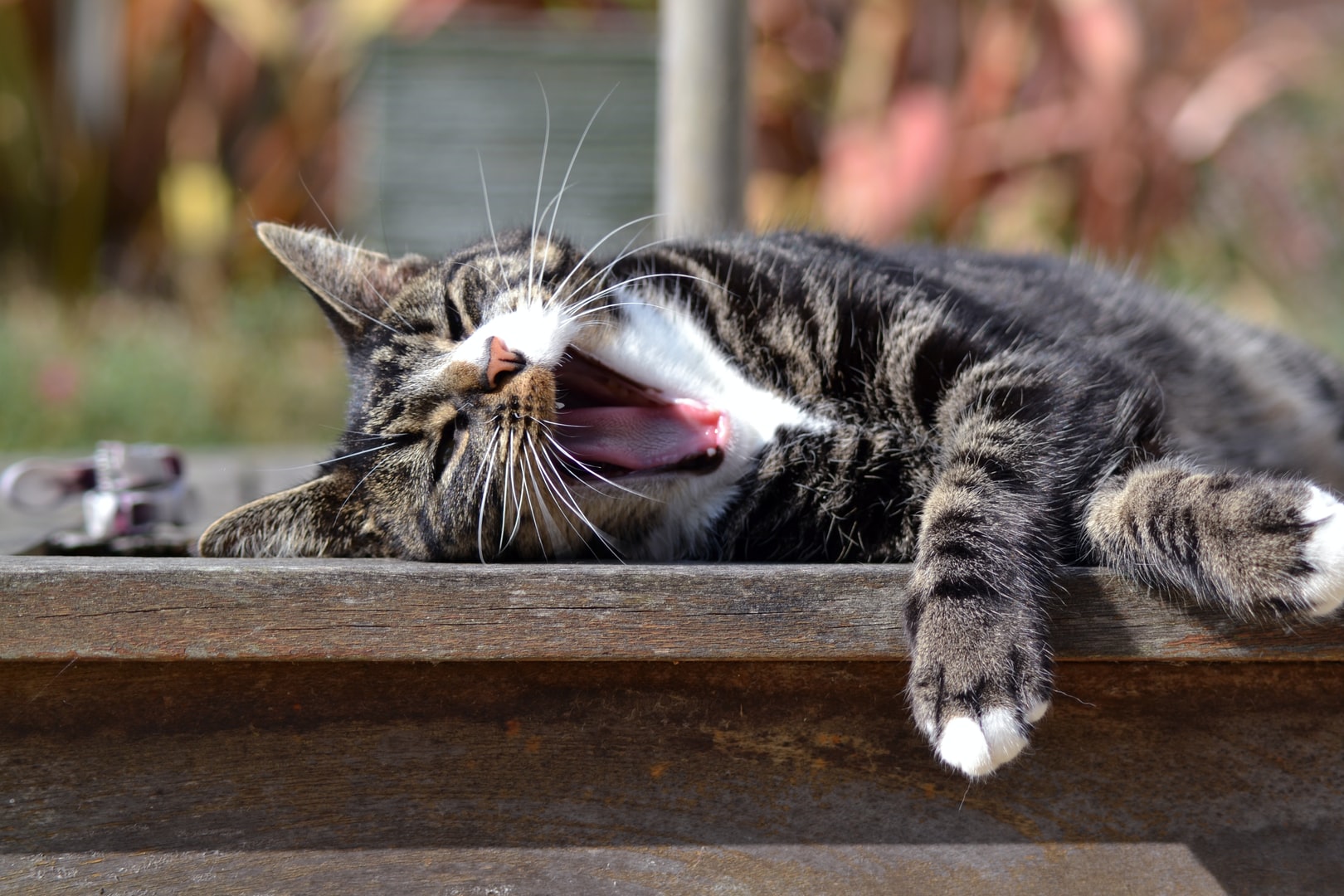Science has been forcing us to distrust our own conventional wisdom with recent discoveries in caloric restriction and sleep deprivation. Modern research has shown that food - basically - kills us and the combustion created on a cellular level, as a result of burning calories, is harmful. Life, in essence, is a double-edged sword. This bizarre and fatal reality also tells us that sleep deprivation (acute, not chronic) isn't all that bad for us once in a while.
If we don't sleep for days at a time, our bodies slow down the production of white blood cells, causing our immune systems to weaken. Other consequences of chronic sleep deprivation and insomnia are memory loss, organ failure and various fatal misfortunes. However, periodic and purposeful sleep deprivation can have benefits for people suffering from minor and non-clinical depression, bouts of wakefulness and stress.
Minor Depression
Clinical depression is a serious problem that requires medical attention, not sleep deprivation. But we all suffer from small bouts of depression when life deals us a bad card, and sleep deprivation can act like a reboot in times of despair.
Science has shown that skipping one night of sleep can kick-start the production of positive chemicals that are proven to stave off negative feelings. In clinical studies, something called "wake therapy" has been proven to temporarily suppress depression in patients. In 2002, a study at the University Of Tubingen in Germany found the following:
"Total sleep deprivation (TSD) for one whole night improves depressive symptoms in 40–60% of treatments. The degree of clinical change spans a continuum from complete remission to worsening (in 2–7%). Other side effects are sleepiness and (hypo-) mania. Sleep deprivation (SD) response shows up in the SD night or on the following day. Ten to 15% of patients respond after recovery sleep only. After recovery sleep 50–80% of day 1 responders suffer a complete or partial relapse; but improvement can last for weeks. Sleep seems to lead to relapse although this is not necessarily the case. " - Sleep Medicine Reviews
Of course, in serious cases of chronic, clinical depression, sleep deprivation has never proven to be a solid cure. Sleep deprivation is more useful for small bouts of depression caused by life events. This research has also helped scientists and doctors better understand the mechanisms of sleep and depression.
So if you're suffering from a case of the blues, try skipping a night of sleep. It won't be easy, but as your brain starts to turn off and tone down some of its most basic functions, you'll notice your depression starting to turn off with them.
Wakefulness And Minor Insomnia
Chronic insomnia leads to dangerous levels of sleep deprivation. After long periods, sleep deprivation can become fatal. Skipping a night of sleep means nothing to an insomniac, so if you're suffering from long-term and prolonged bouts of wakefulness, you should see a doctor.
Skipping a night of sleep is beneficial for people who manage to pull off 5 hours of sleep or less per night. Temporary bouts of wakefulness that lead to poor sleeping patterns can be cured by staying awake for 24-30 hours.
This kind of wake therapy is only recommended for people who are facing a temporary bout of wakefulness, whether it's due to a life event or some kind of temporary level of excitement. Sometimes a new job, an upcoming event or a certain life situation can keep our brains on overdrive deep into the night. By eventually falling asleep and pulling off only 5 hours of sleep or less, we're doing ourselves more damage by failing to ever reach REM and a healthy slumber. By choosing to skip a night of sleep and forcing ourselves to stay awake, we kick-start some of the same chemicals that suppress depression and produce relaxation.
Sleep deprivation to cure wakefulness and poor sleeping patterns works by wearing down our brain's battery to the point of complete exhaustion, which leads to a deep and powerful sleep the following night. By skipping a full night of sleep, our brains begin to crave a deep REM sleep by the 24th or 30th hour of sleep deprivation. Often times, people who try this fall back into a pattern of healthy sleep.
If you're skeptical, give it a try next time you find yourself awake for several nights at a time with barely 5 hours of sleep by morning.
Stress And Anxiety
By now it's probably unnecessary to tell you that if you suffer from chronic, unexplainable anxiety you should see a doctor. However, skipping a night of sleep would be worth a try.
We've now determined that our brains release chemicals and hormones that control our moods, so by skipping a full night of sleep, it's only natural to assume that we can fight off anxiety and stress.
If you've been stressed out all week, try using Friday or Saturday night to binge watch something on Netflix and force yourself to stay awake until the next night. As you get closer to your 24th or 30th hour, you'll be in an almost euphoric and dreamy state. When you finally go to bed, you'll fall asleep as soon as your head hits the pillow and you might wake up feeling totally refreshed the next morning.
Give it a try. However, whatever you do, don't get behind the wheel of a car or do any kind of physically risky things. Remember, by your 13th hour, sleep deprivation has started to impair your cognitive abilities.

